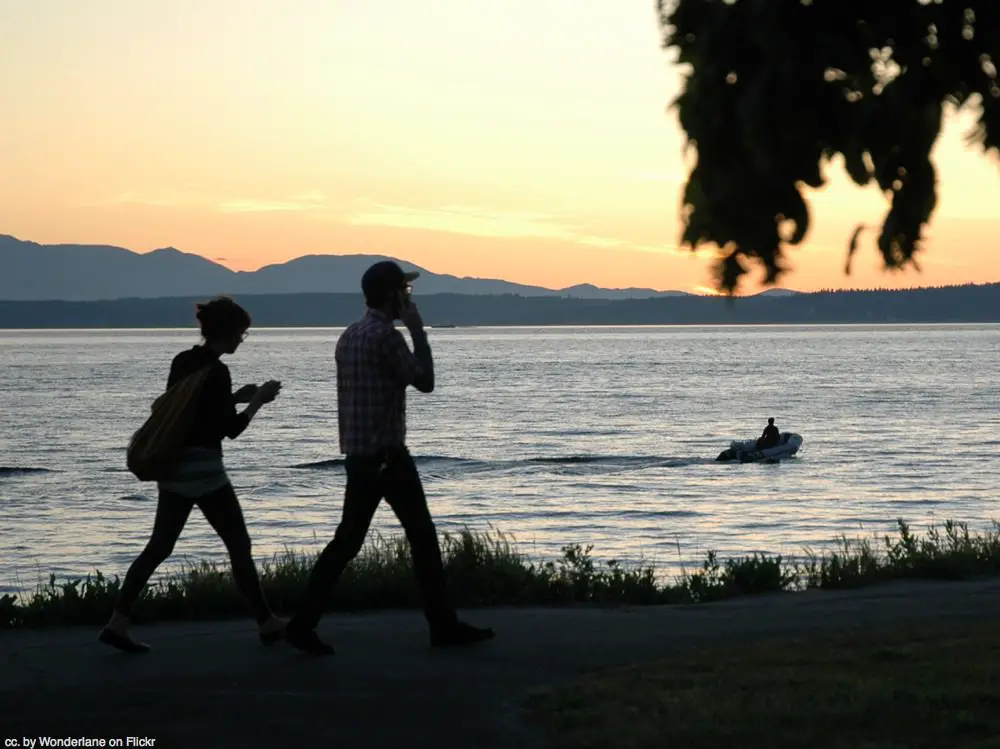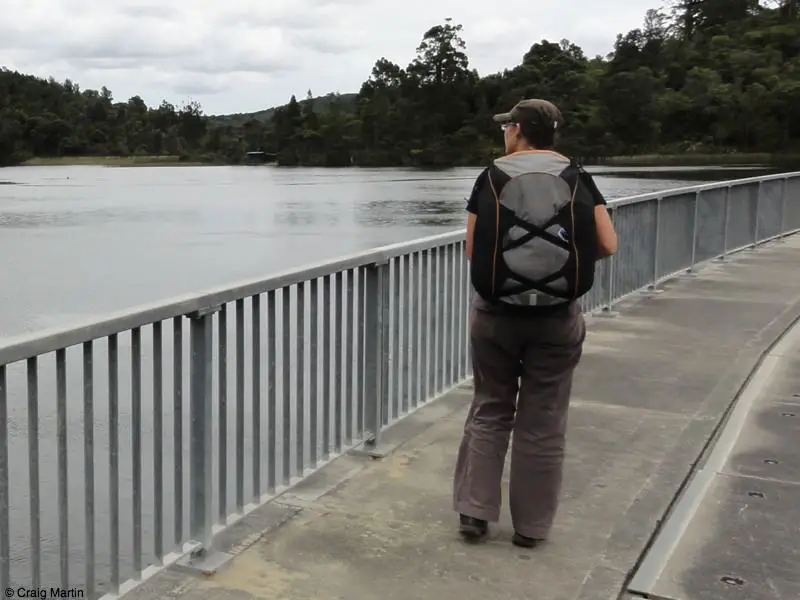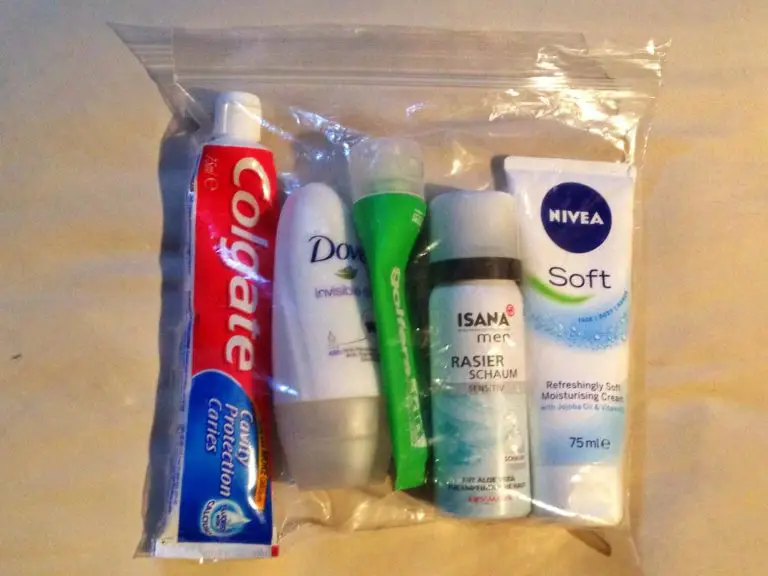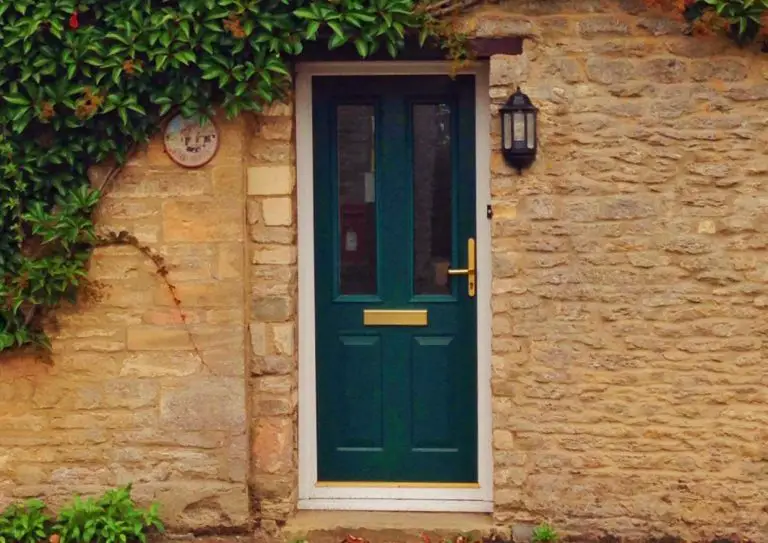Communication tips for travelling couples podcast
Travelling can be stressful, and this stress can put strain on your relationship if you’re travelling as a couple. But you can help yourselves out by working on your communication skills before and during your trip. Here’s our best advice for couples travel after 10 years of marriage, and seven years of full-time travel.
To listen, hit play below or find episode 263 in iTunes or Soundcloud:
1. Be honest
Honesty is an incredibly important part of any relationship, but you’d be surprised at how many couples lie as a matter of course. Not big lies, usually, more often they are just slight evasions, mistruths, or exaggerations: “you never do the dishes,” for example, isn’t likely to be completely true.
Other couples hide their feelings from each other. But why say you’re fine if you’re not? Be honest when your partner asks what’s wrong and he or she will learn a little more about you. Don’t fall for the (really quite stupid) misbelief that “if he or she really loved me, s/he’d know what’s wrong.” How is she going to know if you don’t tell her? Remember that everyone’s brain works differently, what is blindingly obvious to you might be as noticeable as an ant on an elephant to him.

2. Ask (and offer)
If you want your partner to do something for you, ask. Unless you’ve been together for a decade (and have spent that decade asking for things) he or she won’t be able to guess what you want. This idea that your partner should know what you want and give it to you is called the “spontaneity misbelief” and it’s very similar to the idea mentioned above that partners should be able to know what’s wrong without being told.
So, ask. And if your partner gives you what you want, this is a demonstration of love. Of course it’s important to find a balance between asking and giving, and you also have to be prepared to hear “no”. After all, if your partner always drops what he or she is doing to perform your every command, the relationship might not be very healthy.
It’s probably also worth talking together about this before you start asking each other to do stuff, as it might be quite a change from your regular routine.
3. Be positive
The previous points are useful for any couples, but once you’re on the road the game changes a little. You’re under more stress, things go wrong unexpectedly, you don’t have your regular support network around to help you out. Often, it’s just the two of you and you need to support each other. So be positive. Make an effort to notice the small things he or she does for you, and say thank you — it’s nice to be noticed. Similarly, do nice things for your partner or just give compliments wherever possible. And say “I love you” a lot.
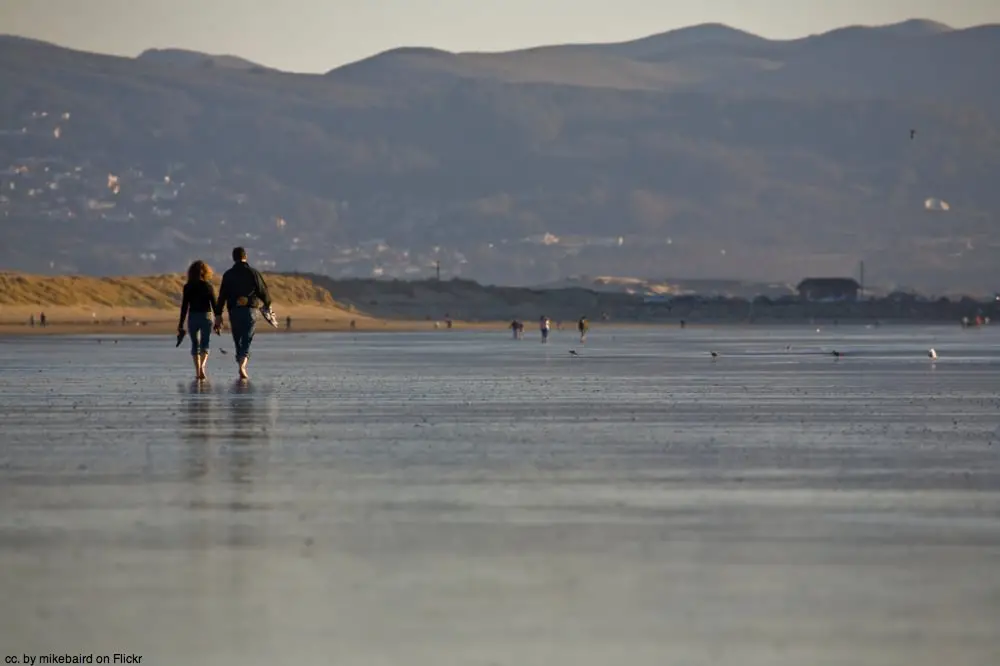
4. Don’t blame
Things will go wrong, and it might well be someone’s fault. Perhaps one of you forgot to lock a door, or fell for a scam, or maybe you’re lost because you thought you knew where you were going but really you didn’t. It doesn’t help to blame the other person (or yourself for that matter). Accept that mistakes happen.
5. Practice
Good communication takes practice, so agree to practice together — preferably before you set out on your trip. But now’s a good time to start communicating well, wherever you are!

